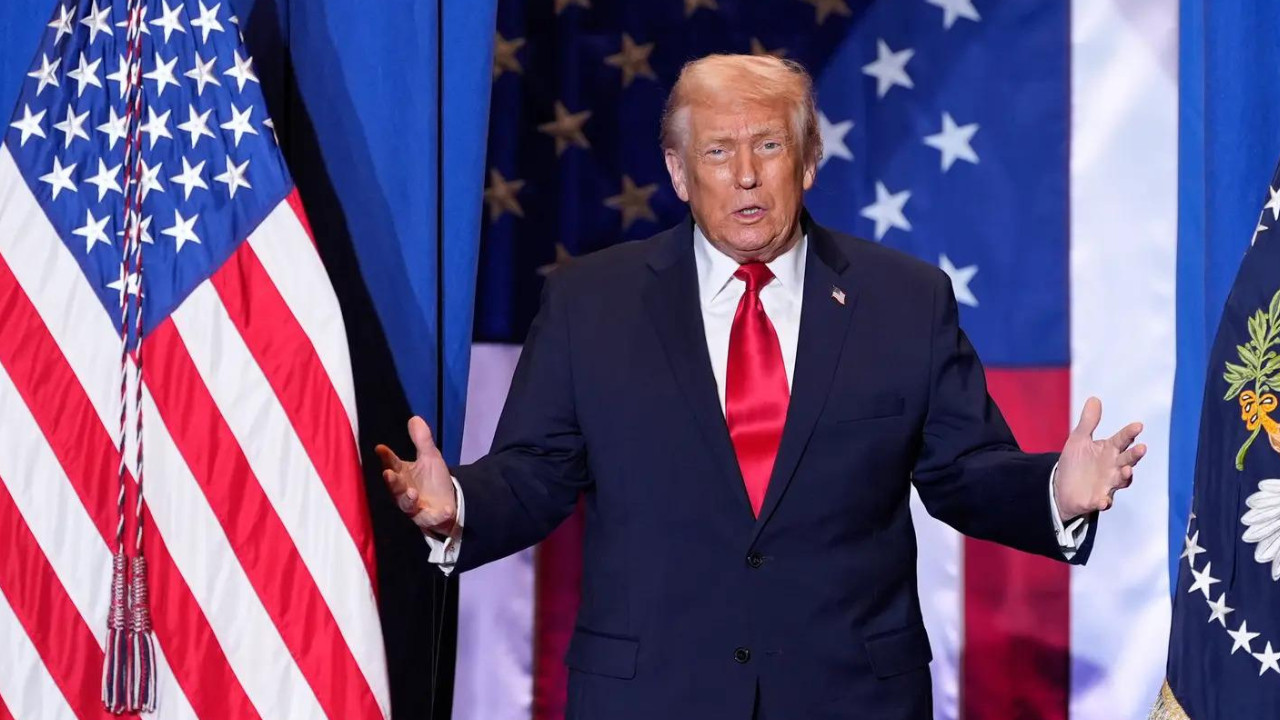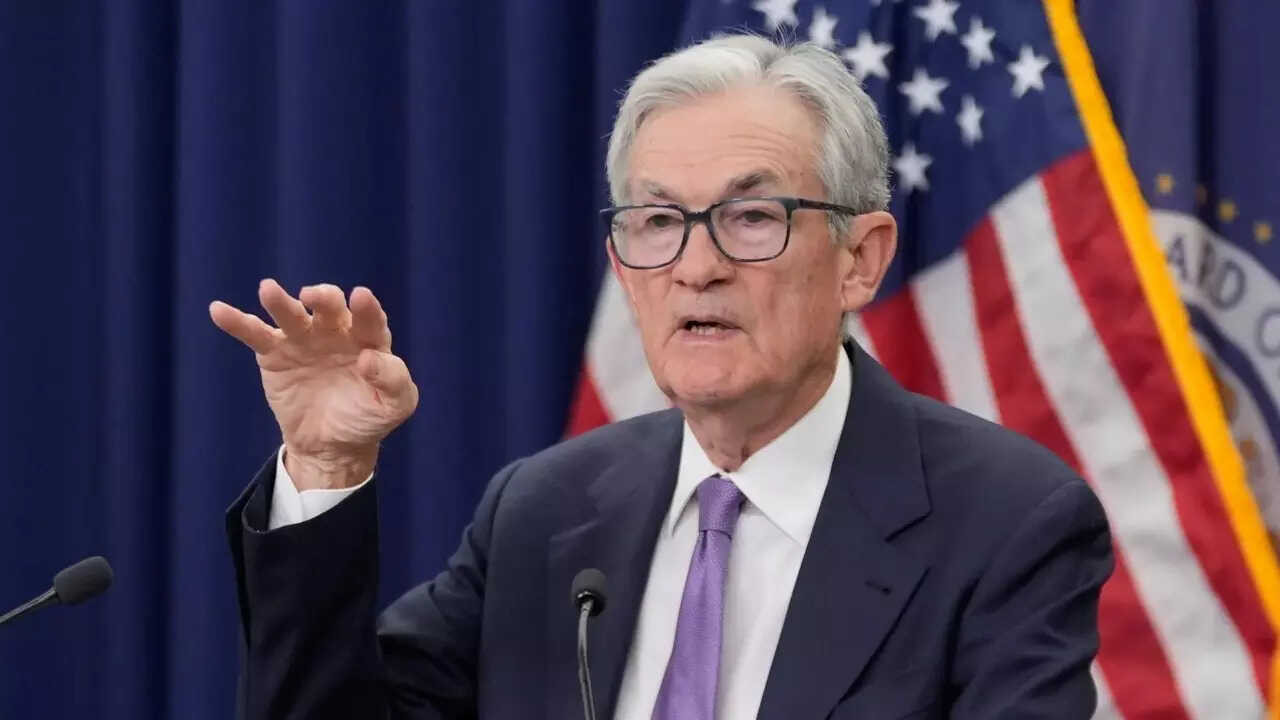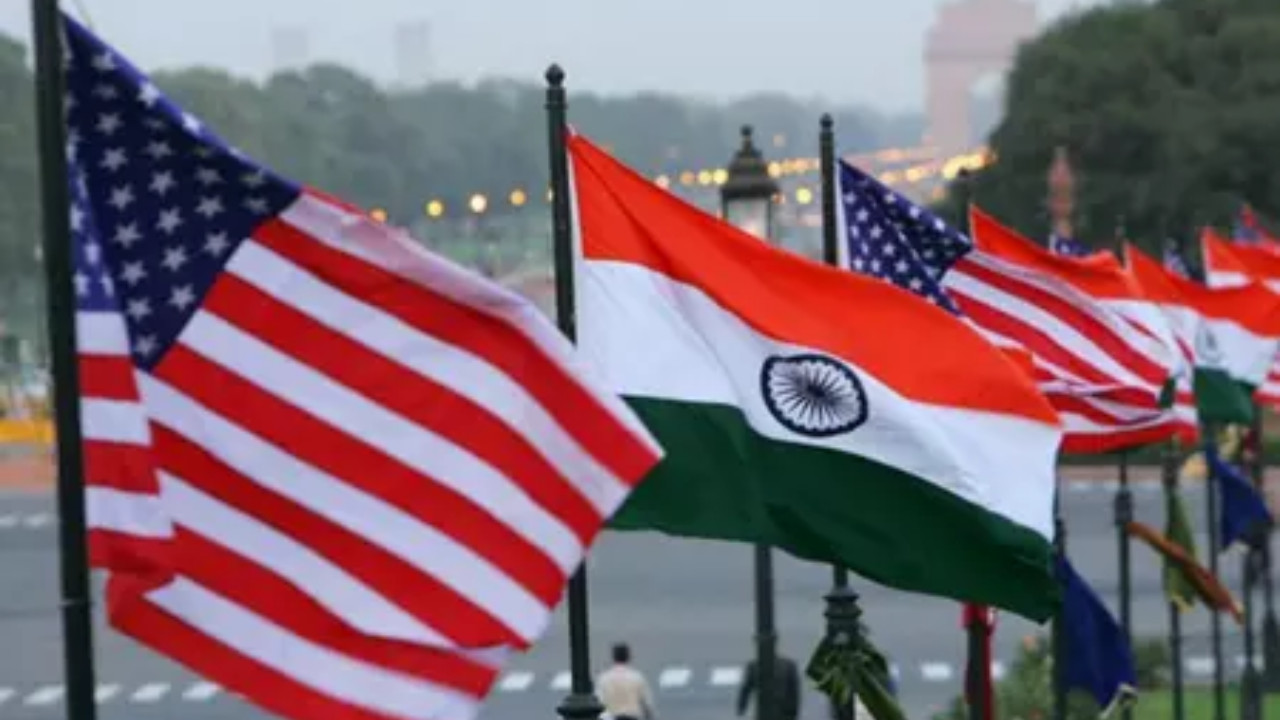India and EFTA nations finalized a free trade agreement. This pact will reduce tariffs on 92.2 percent of Indian product categories. EFTA countries pledged $100 billion investment in India over 15 years. This agreement aims to boost trade in technology, manufacturing, and textiles. Switzerland anticipates significant investment in India. The deal will strengthen economic ties between partners.
A Swiss Wave of Investment Headed for India? The EFTA Deal’s Promise
India just inked a landmark trade agreement with the European Free Trade Association (EFTA) – Switzerland, Norway, Iceland, and Liechtenstein – and the excitement is palpable, especially coming from the Swiss camp. What does this really mean for Indian businesses and the overall economy? Let’s dive into why this partnership is creating such a buzz.
The ink is barely dry, but already Swiss officials are hailing the India EFTA deal as a major catalyst for investment. This isn’t just diplomatic nicety; it’s a genuine reflection of the interest simmering among Swiss firms eager to tap into the Indian market. Think of it as opening a high-speed trade lane, streamlining processes and reducing barriers that once hindered investment flows.
Why Switzerland is Eyeing India So Keenly
For years, India has been a market with immense potential, but navigating its regulatory landscape could be challenging. The EFTA agreement aims to change that, providing a more predictable and favorable environment for Swiss companies looking to establish or expand their presence. Sectors poised to benefit most include manufacturing, technology, and financial services.
Switzerland brings to the table its renowned expertise in precision engineering, sustainable technologies, and financial innovation. Imagine a surge of investment bringing cutting-edge manufacturing processes to India, boosting productivity and creating high-skilled jobs. The influx of Swiss technology could also supercharge India’s efforts in renewable energy and environmental sustainability, aligning economic growth with environmental responsibility.
A Two-Way Street: What India Gains from the EFTA Partnership
The benefits aren’t one-sided. India stands to gain significantly from increased access to the EFTA markets, which are known for their high purchasing power and demand for quality goods. This opens doors for Indian exporters, particularly in sectors like pharmaceuticals, textiles, and agricultural products. Furthermore, the agreement is expected to foster technology transfer and knowledge sharing, helping Indian companies upgrade their capabilities and compete on a global scale. The deal hopes to generate one million jobs in India over the next 15 years.

The long-term implications of the India EFTA agreement extend far beyond simple trade figures. It’s about fostering closer economic ties, promoting innovation, and creating a more interconnected global economy. This agreement sends a powerful signal to other countries, reinforcing India’s commitment to open trade and investment.
Addressing Concerns and Looking Ahead
Of course, any trade agreement of this magnitude will inevitably face scrutiny. Concerns around the potential impact on domestic industries and the need to ensure fair competition are legitimate. It’s crucial that the Indian government actively engages with stakeholders to address these concerns and implement policies that protect domestic interests while maximizing the benefits of the agreement.
Think about the agricultural sector, where small-scale farmers might worry about competition from imported goods. Safeguards and support mechanisms will be essential to ensure a level playing field. Similarly, the government needs to ensure that the agreement’s provisions on intellectual property rights are balanced to protect innovation without hindering access to essential technologies and medicines.
This trade agreement is more than just a piece of paper; it’s a commitment to a stronger, more prosperous future for both India and the EFTA countries. It is projected to increase foreign direct investment (FDI) in India. It lays the groundwork for sustained economic growth and mutual benefit. To explore other potential trade impacts, read our in-depth analysis of the recent UK-India trade discussions.
The India EFTA Deal: A New Chapter in Economic Cooperation
The India-EFTA agreement represents a significant step forward in strengthening economic ties between India and Europe. While challenges remain, the potential benefits are substantial. By fostering investment, promoting innovation, and expanding market access, this agreement can help drive economic growth and create new opportunities for businesses and individuals alike. The real test lies in the implementation, ensuring that the agreement delivers on its promise of a more prosperous and interconnected future. This deal marks a new chapter in international trade relations, and we’ll be watching closely as it unfolds.







